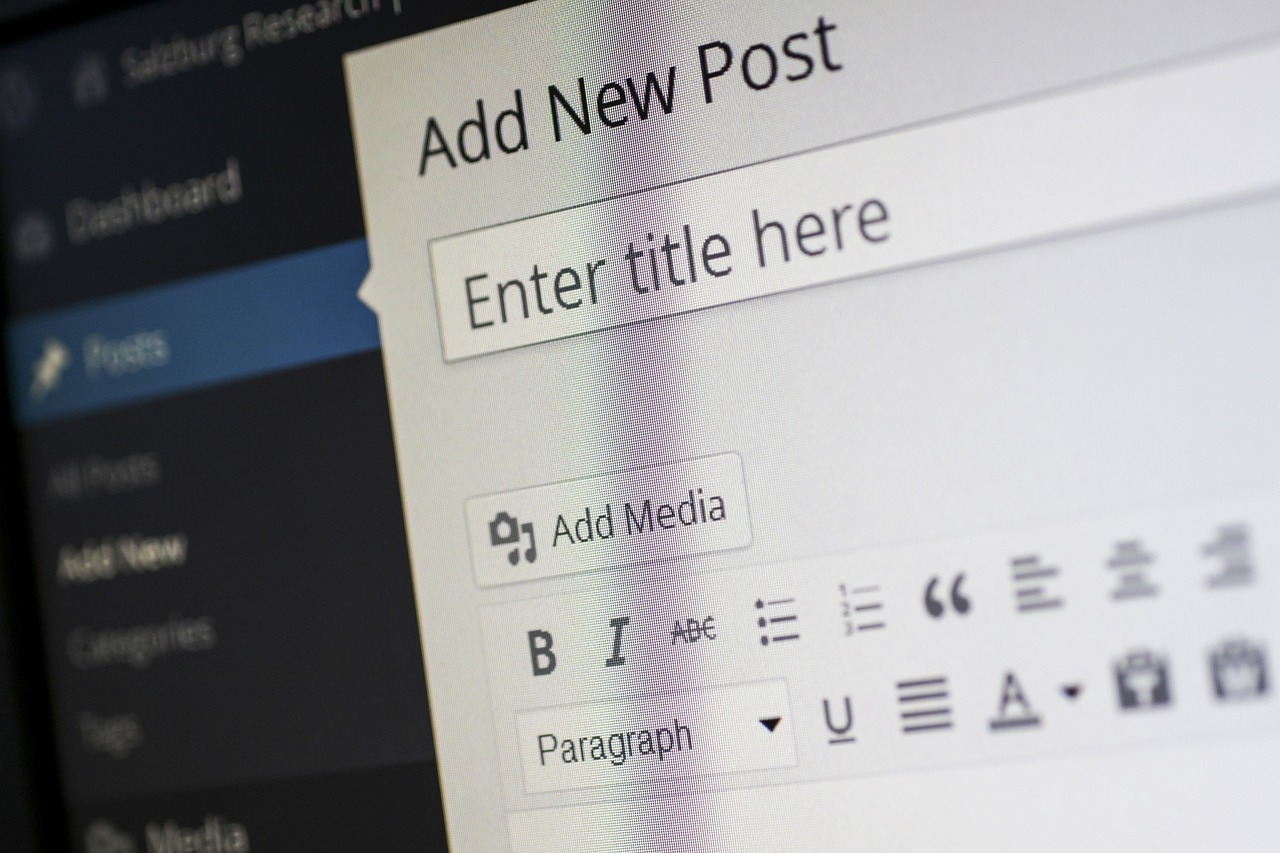61% of Marketers Use AI to Save Time and Boost Efficiency

Introduction to AI in Marketing
The integration of artificial intelligence into marketing strategies is no longer optional; it is essential for success. Currently, 61% of marketers utilize AI in their strategies, and 44% of these professionals report that it has significantly saved them time on repetitive tasks. This data indicates that those who embrace AI tools are not just working smarter, but also increasing their efficiency and effectiveness in reaching target audiences.
Importance of AI for Marketers
AI has emerged as a game-changer for digital marketers, with 75% of business leaders believing it simplifies their work. Additionally, 72% assert that AI boosts employee productivity. According to McKinsey, AI tools can save up to 50% of time spent on content creation, which translates to approximately 60 hours saved each month. These figures highlight how AI can transform marketing processes by automating mundane tasks and allowing marketers to focus on strategic initiatives.
AI Tools as Thought Partners
Sunny Hunt, a digital marketing expert, emphasizes the importance of using AI as a thought partner rather than a crutch. AI tools can challenge assumptions and help refine ideas, allowing teams to identify which concepts are worth pursuing. This approach underscores that while AI can assist in generating content and insights, it should not replace human creativity and critical thinking.
AI Marketing Hacks Overview
Marketers looking to leverage AI can employ various hacks to enhance their strategies. These include automating content generation, improving audience targeting, and personalizing communications at scale. Each of these hacks is supported by solid metrics demonstrating their effectiveness in real-world applications.
Automating Content Generation with AI
AI tools like ChatGPT, Jasper, and Copy.ai excel at generating various forms of content, from blogs to emails. However, the key to success lies in human oversight. By editing AI-generated content to reflect a brand’s unique voice, marketers can produce high-quality materials efficiently. This approach is particularly useful for creating multiple content variations quickly, saving both time and resources.

Smarter Audience Targeting Using AI
AI tools such as Adobe Sensei and Meta’s Advantage+ enable marketers to segment their audiences more effectively than manual methods. By analyzing user behavior data in real-time, these tools can identify potential buyers and tailor marketing efforts accordingly. This precision in targeting can significantly improve conversion rates, as campaigns are directed at those most likely to engage with the content.

Personalization at Scale with AI
AI-driven personalization tools like Persado and Klaviyo AI can customize email subject lines and content based on user preferences. According to Experian, personalized subject lines can increase open rates by 26%.
This level of personalization not only enhances user engagement but also fosters stronger relationships between brands and their customers.
Leveraging AI for Data and Analytics
AI analytics tools, including Google Analytics 4 and HubSpot’s AI insights, provide valuable insights into campaign performance, allowing marketers to make data-driven decisions. By employing AI-powered sentiment analysis, marketers can quickly gauge customer sentiment on social media, enabling them to respond promptly to emerging trends or issues.

Overcoming Writer’s Block with AI
Marketers can utilize AI prompts to overcome writer’s block and streamline their creative processes. By feeding AI detailed and nuanced prompts, marketers can generate relevant and insightful content ideas. This iterative process encourages experimentation and adaptation, leading to better outcomes over time.

Conclusion and Future of AI in Marketing
As we move towards 2027, Gartner predicts that 80% of marketers will rely on AI for content creation and campaign execution. This shift underscores the necessity for marketers to embrace AI technologies now. By doing so, they not only enhance their capabilities but also position themselves to stay ahead in an increasingly competitive landscape. The future of marketing is undeniably intertwined with AI, making it imperative for professionals to adapt and evolve their strategies accordingly.

